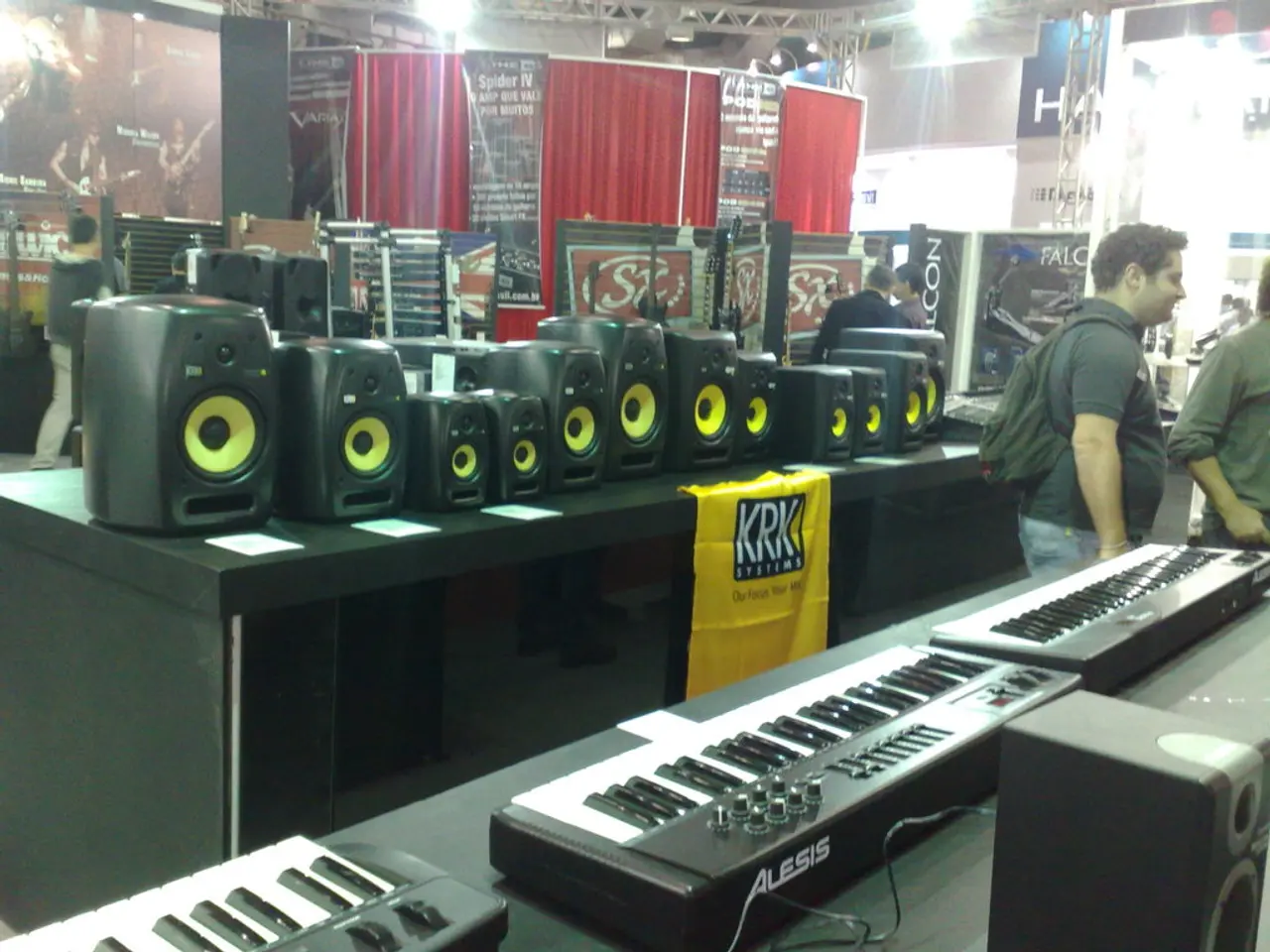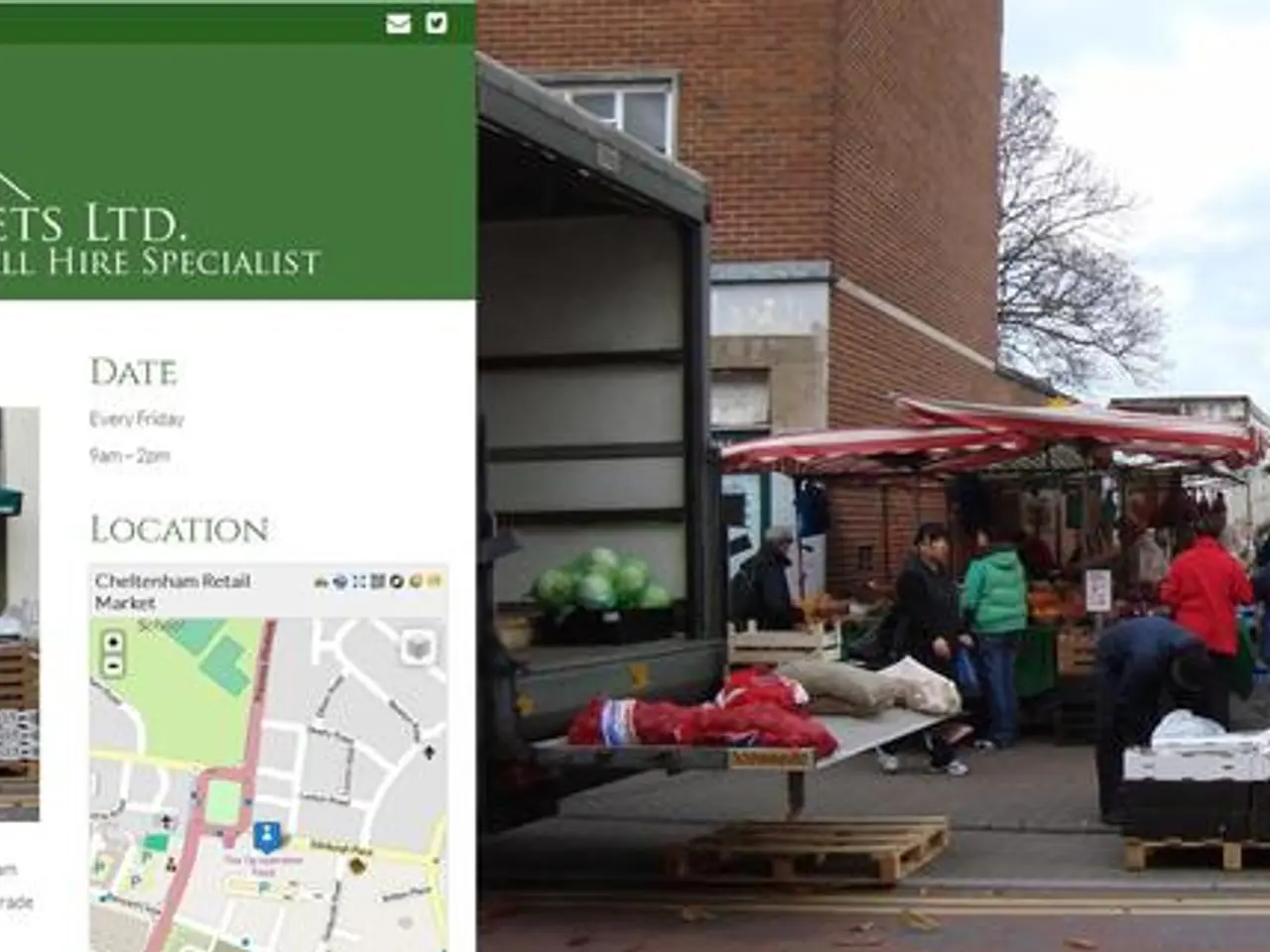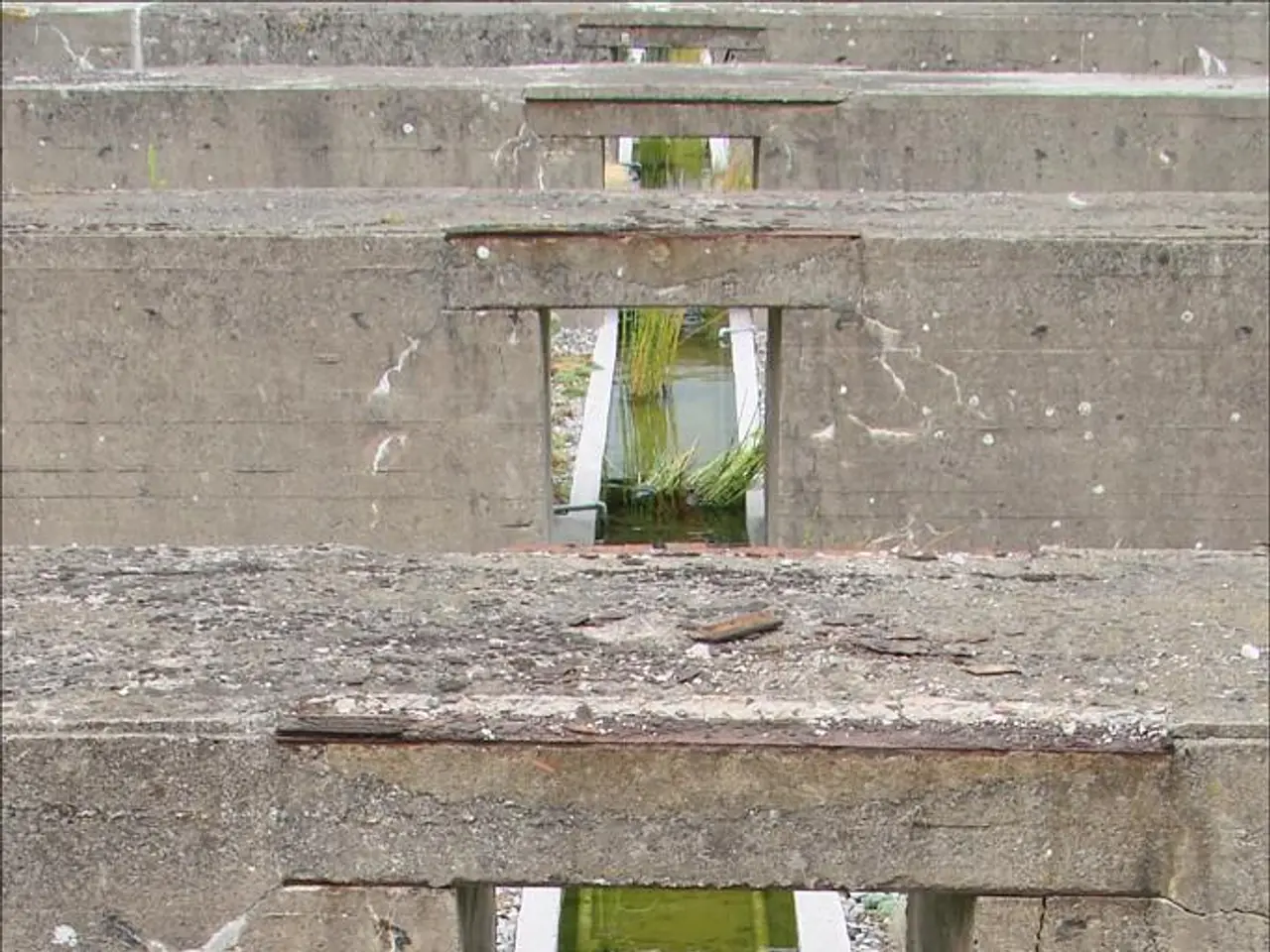New Casino Permits Issued in Macau
In the heart of China, the region of Macau, renowned for its casino complexes, is undergoing a significant transformation. The new non-gaming projects, aimed at combating the rising tide of the virus and diversifying the economy, are at the forefront of this change.
Macau's economy has traditionally been built around casino complexes, which encompass casinos, bars, restaurants, hotels, and other visitor amenities. However, the pandemic has highlighted the need for economic diversification, leading to the Macau government's push to reduce dependence on gaming revenue and transform the city into a broader entertainment destination.
Major operators like MGM, Sands, and Wynn are leading this change. As part of their renewed concessions, these brands are investing heavily in non-gaming facilities and entertainment developments. For instance, Las Vegas Sands plans to invest $3.8 billion over the next decade, with 92% of the expenditures allocated for non-casino attractions such as expanded meeting spaces, entertainment venues, and a new garden attraction.
Galaxy Macau, owned by Galaxy Entertainment Group, is also expanding its non-gaming amenities. New luxury hotels like Capella at Galaxy Macau are opening, offering high-end services to attract a broader range of tourists.
Melco Resorts, another significant Macau operator, is closing several satellite casino and entertainment venues, such as the Grand Dragon Casino and Mocha Clubs, by the end of 2025. This move aligns with Macau’s regulatory reforms restricting direct casino ownership by non-concessionaires and appears to be part of a broader strategy to consolidate operations and comply with evolving gaming laws.
While specific non-gaming plans from Wynn in Macau are yet to be detailed, Wynn has historically emphasized integrated resort experiences that blend luxury hotels, retail, dining, and entertainment, consistent with Macau’s evolving strategy.
The new non-gaming projects focus on expanding entertainment options like meeting and convention spaces, luxury accommodations, gardens, and other attractions. The aim is to reposition Macau as a multi-faceted entertainment hub rather than a predominantly gaming-focused destination.
The new licenses and non-gaming projects are expected to help stabilise the region's economy, which has been affected by the pandemic. The casino brands have agreed to create these projects to bring greater value to the region's economy.
Despite the pandemic, the Macau government is allowing the casino complexes to continue operating under new regulations. However, temporary closures have occurred due to coronavirus cases, as seen with the MGM Cotai. The newly elected president introduced new regulations that caused the MGM Cotai to temporarily close due to a single coronavirus case.
In conclusion, the shift towards non-gaming projects in Macau's casino industry is a strategic move aimed at diversifying the region's economy and providing more economic stability. As these projects come to fruition, Macau is poised to become a more dynamic and resilient entertainment destination.
[1] "Macau casinos to focus on non-gaming projects under new licenses." Reuters, 2021. [2] "Macau casinos to undergo major changes with new licenses." South China Morning Post, 2021. [3] "Melco Resorts to close satellite casinos by 2025." GGRAsia, 2021.
Dealers in Macau's casino complexes are adjusting their focus, with a significant increase in investments in non-gaming facilities and entertainment developments. Financing for these non-casino attractions, such as expanded meeting spaces, entertainment venues, and gardens, is a part of the strategy to reposition Macau as a multi-faceted entertainment hub.
Melco Resorts, a significant Macau operator, is investing in luxury hotels like Capella at Galaxy Macau, a move that aligns with the Macau government's push for economic diversification and transformation of the city.




